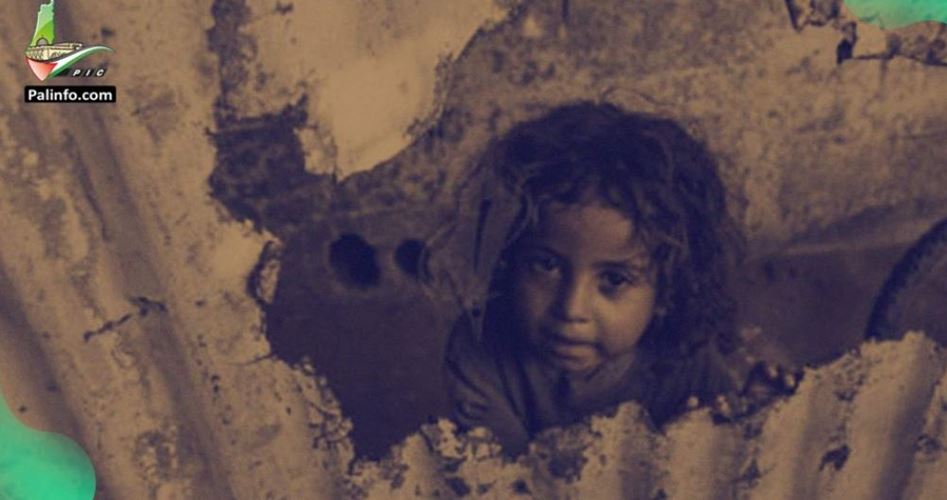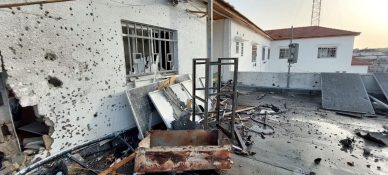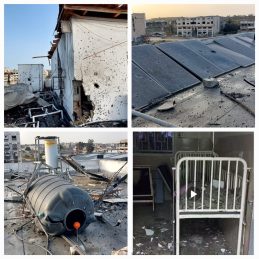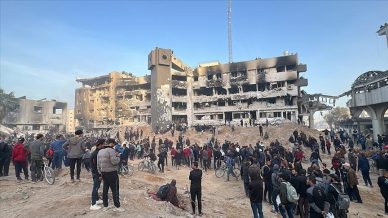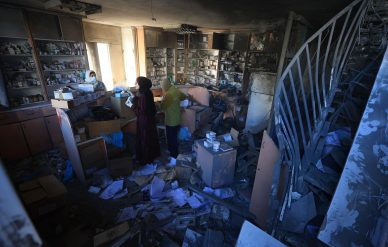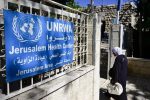The United Nations Humanitarian Coordinator to the occupied Palestinian territory Jamie McGoldrick Wednesday urged immediate funding for emergency fuel to Gaza to avoid catastrophic breakdown in essential services.
The Humanitarian Coordinator has written to the donor community requesting immediate support for a program which provides life-saving emergency fuel to operate standby emergency power generators at critical health centers and water and sanitation facilities in the Gaza Strip. Funds donated thus far in 2018 have been depleted he said.
A statement by the United Nations Office for the Coordination of Humanitarian Affairs (OCHA) in the occupied Palestinian territory said final stocks of emergency fuel will be delivered this week to critical facilities in the Gaza Strip through the United Nations-Assisted Emergency Fuel Program.
Life-saving services in Gaza currently depend on the UN’s delivery of emergency fuel due to an energy crisis that leaves the two million Palestinian residents of Gaza over half of whom are children with only 4-5 hours of electricity from the grid per day. Based on the current electricity deficit in Gaza a minimum of $4.5 million is required to sustain these essential services until the end of the year.
“If new funds are not received immediately we will be facing a potentially catastrophic breakdown in essential service delivery” said McGoldrick. “Services provided at hospitals clinics as well as sewage treatment water and sanitation facilities will cease. Some hospitals are already within a week of closing. The most vulnerable people of Gaza who rely on public services and have no income sources will be the most negatively affected.”
Hospitals in the Gaza Strip only have enough fuel to support service provision just over two weeks in total with some facilities at greater risk putting the lives of hundreds of vulnerable patients at risk each day. These include patients being treated in intensive care new-born babies in neonatal units patients requiring emergency surgery dialysis patients treated for kidney failure and those needing emergency care said the statement by OCHA.
More than 4800 patients in Gaza daily require access to lifesaving or life-sustaining health care that requires a constant supply of electricity. Of these at least 300 are connected to life-saving medical machines such as ventilators dialysis machines incubators and anesthetic machines where disruption or electricity cut-out puts patients at immediate risk of brain damage or death.
Without fuel some 300000 people will potentially be affected by serious public health concerns as sewage could overflow onto streets.
“The situation in Gaza is desperate. Over a decade of blockade and unresolved internal political divisions have stripped people of their rights and left over two-thirds of the population dependent on humanitarian aid” said McGoldrick. “We can prevent a further slide into catastrophe by ensuring that essential services continue but we need the international community to step up immediately with support to do so.”

